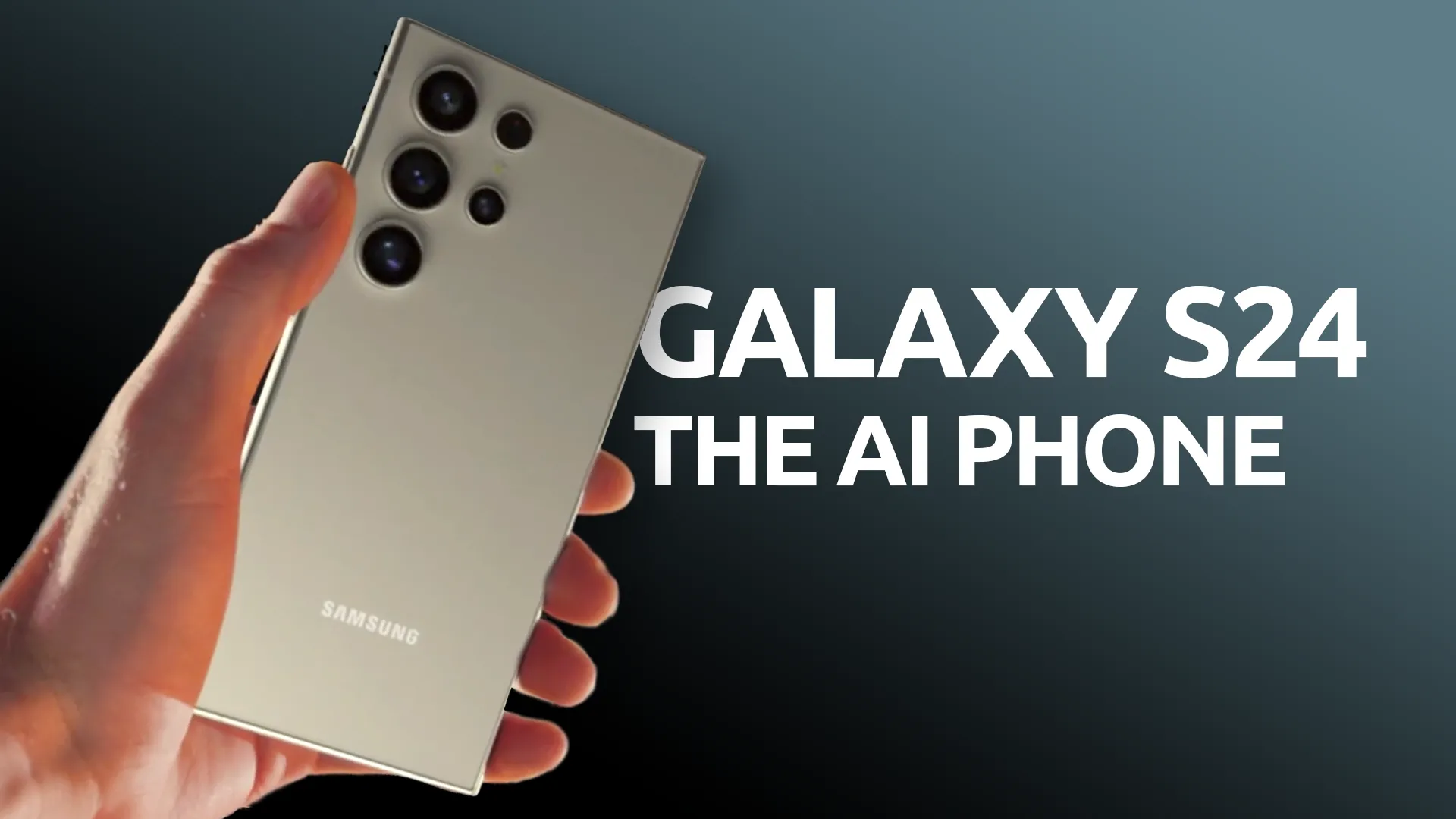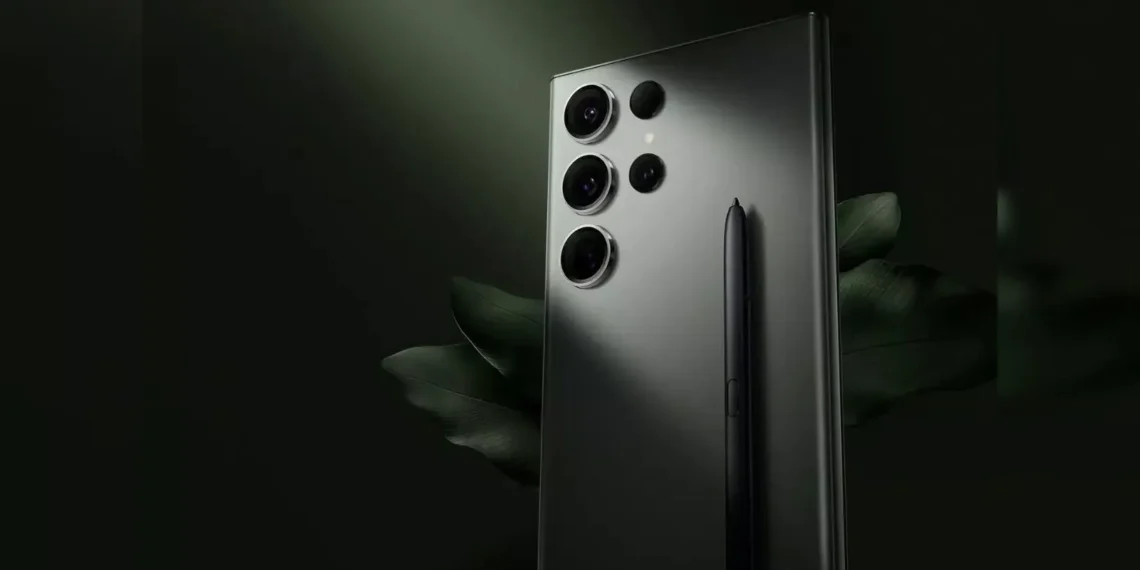Samsung Electronics is aggressively steering towards an AI-centric business model, aiming to eclipse the steady growth predicted for the global consumer electronics sector. With initiatives to deeply integrate artificial intelligence in both premium smartphones and home appliances, Samsung is setting a brisk pace to not only compete but lead in innovation.

Competitive Edges and Challenges
Under the guidance of Jong-Hee Han, the CEO of Samsung Electronics, the company is making significant strides in embedding AI capabilities across its product lines. This includes the latest Galaxy S24 series, which boasts AI-enhanced features like real-time translation for foreign language phone calls. Such advancements are not just limited to mobile phones. Samsung is also pioneering the introduction of AI chips within household mainstays such as refrigerators, washing machines, and even robot vacuum cleaners.
This push towards an AI-driven ecosystem is part of Samsung’s broader strategy to maintain its edge as the world’s premier smartphone and TV manufacturer. “The global consumer electronics market for smartphones, TV, and home appliances will grow roughly 3% in 2025,” Han mentioned in an interview with CNBC’s Chery Kang. In contrast, Samsung anticipates its mobile devices business to see a growth rate of 4%-5% this year, with similar acceleration expected in its TV and home appliances unit.

Financial Outlook and Strategic Movements
While Samsung advances, it faces stiff competition from Chinese brands like Huawei and Xiaomi. These competitors offer high-end smartphones at lower prices, challenging Samsung to innovate beyond cost reductions. Han describes the competition from China as “helpful,” focusing on enhancing product security and convenience to stand out in the crowded market.
Moreover, the leadership changes in November, which saw Jun Young-hyun rise as co-CEO alongside Han, mark a strategic realignment within Samsung. The company, previously dominant in the memory chip sector, now seeks to reclaim its position against rivals like SK Hynix and meet the rigorous demands of AI leaders such as Nvidia.
Looking Ahead
Despite past fluctuations in performance, Samsung’s financial outlook appears robust. The company expects a significant profit increase in the first quarter, driven by rebounding memory chip prices. This follows a rough patch where Samsung’s third-quarter earnings in 2022 were below expectations, leading to an unprecedented apology from Jun.
In response to market dynamics and internal goals, Samsung unveiled a surprise share buyback plan valued at approximately 10 trillion won. This plan, along with other strategic initiatives, aims to bolster shareholder confidence and stabilize stock prices, which plummeted by 32% last year, significantly underperforming the broader Kospi index.

As Samsung continues to navigate through the complexities of global supply chains and competitive pressures, its commitment to innovation and AI integration seems unshakeable. Investors and consumers alike are keenly watching Samsung’s next moves, especially how it will manage its strategic positioning in the AI domain and whether it can successfully capitalize on its “value-up” plans to enhance shareholder returns.
In conclusion, Samsung’s journey is emblematic of the broader challenges and opportunities facing global tech giants today—balancing innovation with competitive strategy and financial prudence. The company’s success will largely depend on how effectively it can harness AI to deliver on its promises of a smarter, more connected range of consumer electronics.


